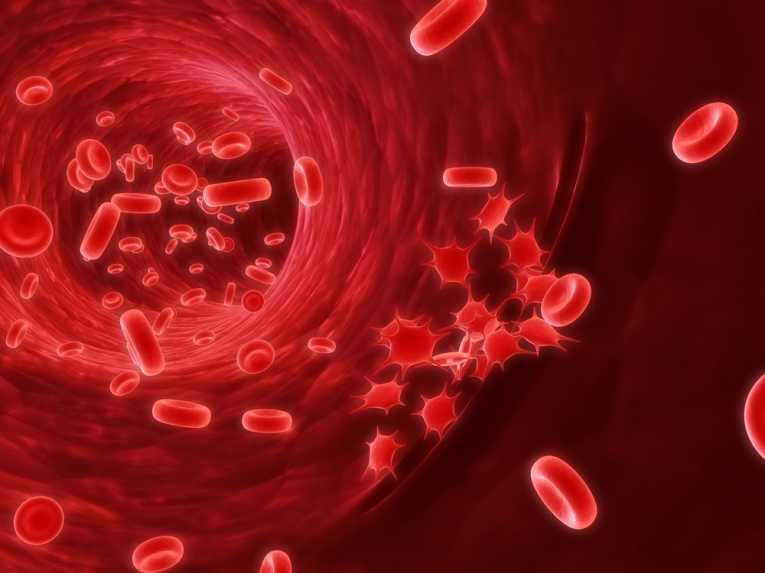Mammals are perched at the pinnacle of the evolutionary heap, but a new study suggests that their success comes at a steep price. According to researchers at the Perelman School of Medicine at the University of Pennsylvania, unlike other animals, mammals are susceptible to heart disease due to an early adaptation. The culprits are important components of mammalian blood known as platelets, which helped protect early mammals from injury. But these specialized cells now also play a role in the development of cardiovascular disease.
"The biology of platelets has been studied in great detail in the context of human disease, but almost nothing is known about why mammals have platelets, whereas no other species do," said lead study author Alec A. Schmaier, PhD. The research, published in the journal Blood, indicates that platelets better enabled early mammals to survive serious injuries involving damage to arteries, by forming clots to stop the loss of precious blood. "The price for this evolutionary change may be modern cardiovascular diseases," said Schmaier.
Platelets are blood components that help form clots at the site of traumatic injuries, preventing fatal blood loss. But they also form clots adjacent to atherosclerotic plaques within the walls of blood vessels, and these formations can eventually block blood flow through the vessels. Alternatively, clots may break free and travel to distant sites, where they again cause blockages, with the same result. In either scenario, the tissue that is subsequently deprived of blood may suffer catastrophic damage. When it happens to blood vessels supplying the heart muscle, for instance, a potentially fatal heart attack can result. When a clot breaks free and travels to the brain, it may precipitate a stroke.

Human blood circulation illustration via Shutterstock
Only mammals have platelets, while all animals, including mammals, have cells known as a thrombocytes, which also work to clot blood in response to injury. "Although the reason for platelet evolution in mammals can never be known with certainty," said study author Mark Kahn, MD, "it is tempting to speculate that platelets may have allowed early mammals to better survive trauma and thereby provided a survival advantage." The scientists' research suggests that platelets allow more efficient clotting than thrombocytes alone, but that edge has come at a price. Only mammals are susceptible to atherosclerosis, which is the root cause of heart disease, the leading cause of death in the developed world.
href="https://earthtimes.org/environment/heart-health/index.html">Heart Health









